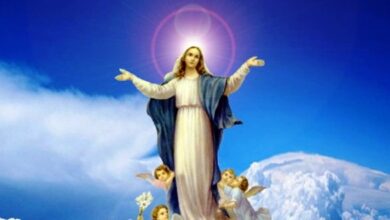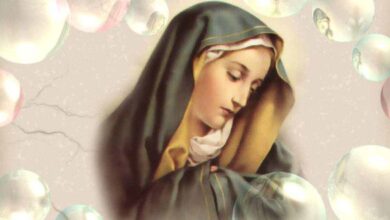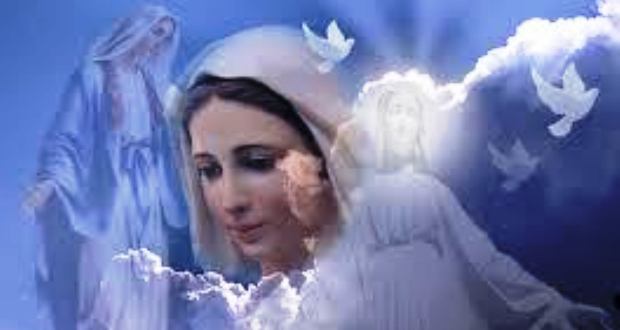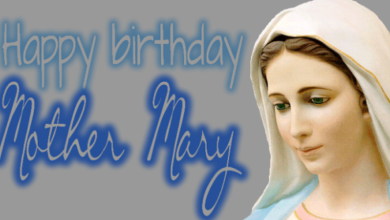The Feast of the Nativity of the Blessed Virgin Mary: Celebrating the Birth of Hope
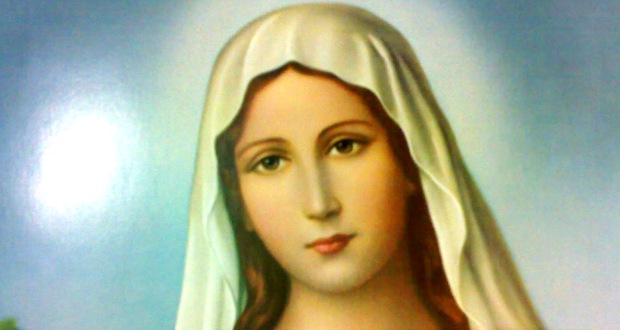
The Feast of the Nativity of the Blessed Virgin Mary, celebrated on September 8th in the Catholic Church, is a joyous occasion that marks the birth of Mary, the mother of Jesus. While the exact historical origins of this feast are not well-documented, its significance and celebration date back many centuries.
Ancient Roots and Development:
The Feast of the Nativity of the Blessed Virgin Mary has its historical roots in early Christianity, although the exact date of Mary’s birth is not mentioned in the Bible. Instead, it is based on longstanding Christian tradition that Mary, the mother of Jesus, was born through a divine intervention.
In the early Christian centuries, the belief in Mary’s birth was widespread and deeply revered. Early Christians held that Mary’s birth was not the result of ordinary human procreation but rather a miraculous event orchestrated by God.
One of the earliest references to the celebration of Mary’s birth comes from a non-canonical text known as the “Protoevangelium of James” or the “Gospel of James.” This document is believed to have been written in the late 2nd century, around 150-170 AD. While not included in the canonical Gospels of the New Testament, it played a significant role in shaping early Christian traditions related to Mary.
The Protoevangelium of James recounts the story of Mary’s miraculous birth and her parents, Anne and Joachim. According to this narrative, Anne and Joachim were devout and righteous individuals who had been childless for many years. In response to their fervent prayers and supplications, God intervened to bless them with a child, who would later become Mary, the mother of Jesus.
The text goes on to describe the circumstances of Mary’s upbringing, portraying her as a holy and consecrated child from a young age. It emphasizes Mary’s purity, virtue, and her unique role in God’s divine plan.
As mentioned before, the “Protoevangelium of James” played a pivotal role in shaping the early Christian understanding of Mary’s birth. Its portrayal of Mary’s miraculous birth and her parents’ faith deeply influenced the development of Marian devotion and the celebration of her birth within the Christian community.
Over time, this celebration of Mary’s birth became more formalized and found its place in the liturgical calendar of the Catholic Church and other Christian traditions. The Feast of the Nativity of the Blessed Virgin Mary continues to be a cherished and spiritually significant observance in the Christian calendar, reminding believers of the divine providence that brought Mary into the world and her pivotal role in the story of salvation through Jesus Christ.
Theological Significance:
The Feast of the Nativity of the Blessed Virgin Mary holds deep theological significance. Mary, as the mother of Jesus, plays a pivotal role in the Christian narrative. Her birth represents the beginning of God’s divine plan for the redemption of humanity through her son, Jesus Christ. She is seen as a symbol of purity, humility, and obedience to God’s will.
Mary’s birth is often seen as a foreshadowing of the birth of Jesus, emphasizing the idea that God’s grace and mercy are extended to humanity through the Incarnation. Her life, from birth to her Assumption into heaven, serves as an example of unwavering faith and devotion.
Celebration Today:
In contemporary Catholicism, the Feast of the Nativity of the Blessed Virgin Mary is celebrated with Masses, processions, and other liturgical activities. It is a day of joy, as believers reflect on the remarkable gift of Mary to the world and her role in the story of salvation.
Devotees of the Virgin Mary often use this occasion to seek her intercession and to deepen their own faith. Many parishes also organize special events, such as Marian processions and recitation of the Rosary, to honor Mary on this day.
In conclusion, the Feast of the Nativity of the Blessed Virgin Mary is a celebration of hope and divine providence. It reminds believers of the importance of Mary in the Christian faith and her unique role in God’s plan for humanity. While the historical origins of this feast may not be well-documented, its enduring significance in the life of the Church and the faithful continues to be a source of inspiration and spiritual renewal.


